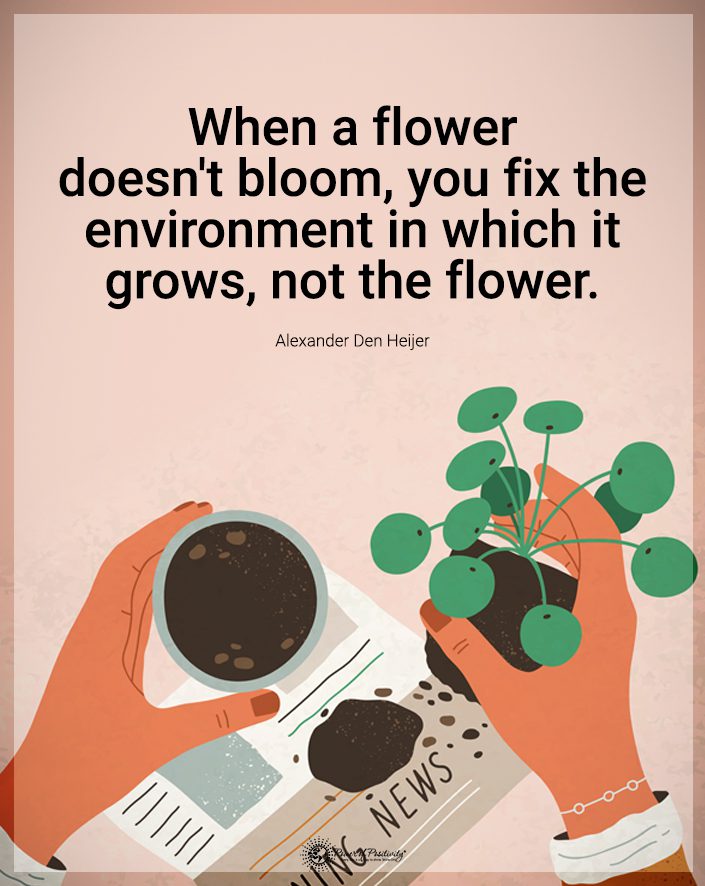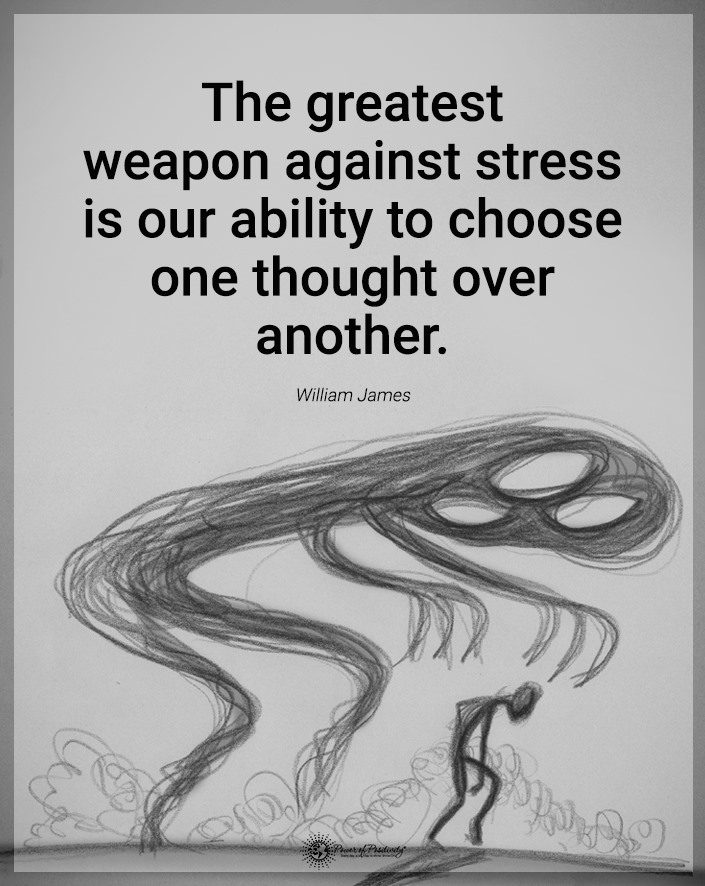Here are some reasons why you always feel so much stress.
Picture this: your mind as a high-powered smartphone, sleek and efficient. Most days, it’s your lifeline, buzzing with notifications, keeping you connected and informed. But as the hours on, the battery icon shifts from a vibrant green to a concerning red, warning of impending power loss. Mental exhaustion is much like this dwindling battery—often unnoticed until we’re on the brink of shutting down. We live in an age where running on empty has become the norm rather than the exception. However, recognizing the causes of stress and understanding how to recharge is critical for maintaining our mental well-being.
Dive into these 15 factors that can lead to mental exhaustion and discover the practical solutions that can help bring your mind’s battery back to a full charge.
14 Causes of Mental Exhaustion (and the Fixes!)
Life’s demands can sometimes pull us in multiple directions.
But we can navigate these challenges more effectively with conscious choices and self-awareness. Embracing a balanced approach, rooted in self-care and clear boundaries, can pave the way for a mentally enriching life.
1. Overwhelming Workload Can Cause Mental Exhaustion
We live in a fast-paced world where the adage “time is money” has never been more relevant. But with this mindset, many of us have inadvertently signed up for an overwhelming workload. Juggling multiple projects, facing endless meetings, and hitting tight deadlines can leave one’s mind feeling like a computer with too many tabs open.
Solution:
The first step is acknowledging that nobody, regardless of how efficient they might be, can do everything at once. Start by prioritizing tasks based on urgency and importance.
Setting priorities can help discern what needs immediate attention and what can wait. Also, consider the art of delegation. If you have tasks that others can handle, pass them on. Lastly, break larger tasks into smaller, more manageable steps. A complex project becomes less daunting when tackled one piece at a time.
2. Lack of Sleep Adds to Feeling Exhausted
Sleep is the body’s natural reset button. It’s the time when the brain processes information, repairs cells, and rejuvenates for the next day. However, burning the midnight oil or indulging in erratic sleep patterns robs the brain of this essential restorative phase.
The result? Foggy thinking, poor decision-making, and, unsurprisingly, mental exhaustion.
Solution:
Prioritize sleep as if your mental well-being depends on it—because it does. Try for seven to nine hours of quality sleep each night. Create a sleep-friendly environment by minimizing light and noise disturbances. Consider adopting rituals like reading or listening to soothing music to signal your body that it’s time to wind down. Additionally, avoid caffeine or heavy meals close to bedtime and maintain a consistent sleep schedule, even on weekends.
3. Chronic Stress May Lead to Mental Exhaustion
Stress, in short bursts, can be a motivating factor, pushing us to meet a challenge or overcome an obstacle. But when stress becomes a constant background noise, it’s like a kettle constantly boiling, ready to whistle its piercing alarm.
Chronic stress affects our physical health—raising blood pressure, causing headaches, and disrupting sleep—and significantly contributes to mental exhaustion.
Solution:
Integrate stress-relief techniques into your daily routine. Meditation, even if it’s just for a few minutes a day, can help calm the mind. Physical activities – a brisk walk, yoga, or a high-intensity workout – can act as a pressure release valve for built-up stress.
Another critical strategy is setting boundaries, both in personal and professional spheres. Learn to say “no” when stretched too thin and allow breaks when needed. If stress feels insurmountable, consider seeking therapy or counseling to provide coping mechanisms and strategies.
4. Digital Overload
In today’s hyper-connected world, screens are our gateways to information, entertainment, work, and socializing. But like every tool, how we use it defines its impact. From the bluish tinge of screens affecting our sleep patterns to the relentless scroll through social media feeds leading to comparison and despair, digital overload is real, and its effects are tangible.
Solution:
It’s time for a digital detox or at least setting some screen boundaries. Assign specific times for checking emails or social media rather than having them intrude on your day incessantly. Take regular breaks away from screens, a 5-minute walk, or quick stretches every hour. Additionally, consider designating one day a week or certain hours as screen-free to give your mind a much-needed respite.
5. Negative Personal Relationships
Humans are inherently social beings, seeking connection and camaraderie. But what happens when these connections drain more energy than they provide?
Toxic relationships with friends, family, or partners can be a substantial source of mental exhaustion. That’s because they serve as constant emotional and psychological drains.
Solution:
Awareness is vital. Recognize the critical signs of a toxic relationship – constant negativity, walking on eggshells, or feeling drained after interactions. It’s essential to set boundaries to protect your mental space.
If a relationship feels consistently negative, consider seeking therapy or counseling individually or together. Sometimes, the best solution might be to re-evaluate and reconsider the place of that relationship in your life.
6. Financial Worries Lead to Mental Exhaustion
Money, or the lack thereof, has been a perennial source of anxiety for many. Whether it’s the weight of debts, the pressure to maintain a particular lifestyle, or the unpredictability of unexpected expenses, financial worries can feel like a heavy backpack you must carry daily.
Solution:
The path to financial peace often starts with education and planning. Begin with a clear assessment of your financial status. Create a budget that lists your income, expenses, and savings. If you’re unfamiliar with money management, consider attending financial literacy workshops or consulting a financial advisor.
Moreover, a minimalist mindset, focusing on needs rather than wants, can alleviate spending pressure. Remember, it’s not about how much you earn but how wisely you manage it.
7. Poor Diet Worsens Your Stress and Exhaustion
You’ve probably heard the saying, “You are what you eat.” That isn’t just about physical appearance but also mental well-being. Consuming a diet high in processed foods, sugars, and unhealthy fats can cause energy crashes and a foggy mind.
Despite being only 2% of our body weight, our brain consumes about 20% of our daily energy intake. If our fuel is of poor quality, it’s no surprise that mental exhaustion follows.
Solution:
Adopt a balanced diet that focuses on whole foods. Incorporate brain-boosting foods like fatty fish, blueberries, turmeric, and nuts. Stop eating processed foods, sugars, and excessive caffeine. Stay hydrated by sipping enough water all day.
Also, consider meal planning or prepping to ensure you have nutritious options readily available, reducing the temptation to reach for unhealthy choices.
8. Lack of Physical Activity
Our bodies must move. However, with sedentary jobs and the convenience of technology, physical activity often takes a backseat. A stagnant body can cause a stagnant mind, with research indicating a direct correlation between physical inactivity and feelings of fatigue.
Solution:
Incorporate physical activity into your daily routine. It doesn’t necessarily mean hitting the gym for hours. Even a brisk, short walk can rejuvenate the mind.
So, how do you start? Find an activity you love, whether dancing, cycling, yoga, or gardening.
Regular physical activity boosts the blood flow to your brain, enhancing cognitive functions and mood. Moreover, take short breaks during work to stretch or walk around, breaking the monotony and refreshing your mind.
9. Skipping Work Breaks
Many believe powering through tasks without a break is the way to be most productive. Contrarily, this approach can diminish efficiency and amplify feelings of mental exhaustion. Our brains, like any muscle, tire with continuous use.
Solution:
Embrace the power of strategic breaks. Try concentrated work periods followed by short breaks. These intervals can prevent mental burnout and even enhance overall productivity. During breaks, avoid screens or work-related discussions. Instead, take a walk, do light stretches, or engage in a non-work-related activity. These breaks act as mini-reboots for your brain, preparing it for the next round of focused work.
By recognizing and adapting to these facets of our lives, we can craft a lifestyle that supports our mental well-being. However small, each positive step can significantly improve our overall mental energy and clarity.
10. Overstimulation Can Cause Mental Exhaustion
In our modern age, stimuli are everywhere — blaring TV screens, buzzing smartphones, billboards, and the constant hum of city life. While our brains are remarkably adaptable, handling such relentless sensory input can be challenging.
This barrage can quickly lead to mental fatigue, making us feel overwhelmed and exhausted.
Solution:
It’s essential to disconnect and seek moments of calm periodically. Designate “quiet times” during your day when you cut off the digital devices. Indulge in nature walks. Nature has a rejuvenating effect on the mind, offering a serene break from the constant stimuli of urban life.
Consider creating a sanctuary space at home — a quiet corner with your favorite book, soft lighting, or even some calming music to retreat to when things get too chaotic.
11. Avoidance of Emotional Expression
Keeping emotions bottled up might seem easier avoiding confrontations or uncomfortable situations. However, this emotional suppression is mentally taxing. Over time, these unexpressed feelings can become a constant undercurrent of stress, leading to mental exhaustion.
Solution:
Cultivate the habit of emotional expression. That doesn’t mean erupting in emotion at every turn but finding healthy outlets. Journaling can be an incredibly therapeutic tool, allowing a private space to pour out feelings. Open communication with trusted friends or family can also provide relief.
For more significant emotional challenges, consider seeking professional therapy. A therapist can offer customized tools and strategies to process and communicate emotions effectively.
12. Perfectionism May Cause Mental Exhaustion
Striving for excellence is commendable, but it can become a mental drain when it morphs into perfectionism. Perfectionists often set unattainably high standards for themselves. That’s because they fear making mistakes or facing criticism. This constant pursuit of the unattainable can be a significant source of mental exhaustion.
Solution:
Begin by acknowledging that perfection is an illusion. Everyone has flaws and makes mistakes. What’s more valuable is the ability to learn and grow from these experiences.
Set realistic and achievable goals for yourself. Celebrate small victories and learn to be kinder to yourself when things don’t go as planned. If perfectionist tendencies are deeply ingrained, cognitive-behavioral therapy (CBT) can effectively restructure these thought patterns.
13. Overcommitting Can Pile on More Stress
The desire to please others or fear of missing out can sometimes push individuals into saying “yes” to everything. From social events to extra work projects, continually overcommitting can spread one thin, leading to a sense of constant rush and, ultimately, mental exhaustion.
Solution:
Learn the power of “no.” It’s essential to understand that declining an invitation or request isn’t a sign of weakness or disinterest; it’s an act of self-care. Begin by evaluating your commitments — are they aligning with your goals and well-being?
Prioritize activities that genuinely matter to you and align with your personal and professional goals. Creating a visual schedule or calendar can also provide a clearer picture of your commitments, helping you gauge when you might be stretching yourself too thin.
14. Neglecting Self-care
In the hustle of daily life, pausing to focus on oneself often takes a backseat. However, continuously neglecting physical and emotional self—care can accumulate significant mental exhaustion over time.
Solution:
Dedicate time to self-care rituals that rejuvenate and refresh you. It could be as simple as a warm bath, reading a book, or indulging in a hobby. Mindfulness practices like meditation or deep breathing can also help centering oneself.
Furthermore, consider setting aside a “self-care day” periodically, where you solely focus on activities that nourish your body and soul. Remember, taking care of yourself isn’t selfish; it’s essential for your mental well-being and overall productivity.
Final Thoughts on the Causes of Mental Exhaustion and Knowing How to Resolve Them
Mental exhaustion, often a silent intruder, creeps into our lives with various masks. From the relentless pull of digital screens to the inner tug-of-war of perfectionism, these stressors can compound over time, subtly sapping our mental energy. However, recognizing them is half the battle won. By understanding and addressing these triggers, we take back control, steering our mental ship away from turbulent waters towards a more serene horizon.
But remember, the journey to mental clarity and vitality isn’t about drastic changes overnight. It’s a mosaic, built piece by piece, with each positive step and choice. It’s about granting yourself grace, understanding that there will be challenging days, and recognizing your power to shape the narrative. With awareness, commitment, and a pinch of self-compassion, you can navigate away from stress and mental exhaustion and towards a brighter, more energized tomorrow.

















 Community
Community

